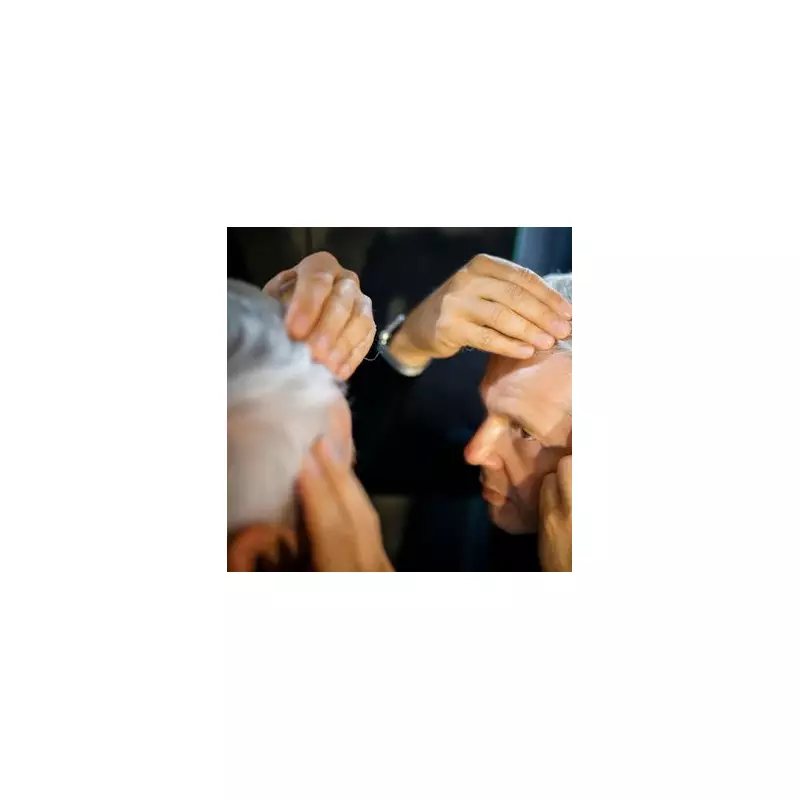
When your hairbrush starts collecting more strands than usual, it might be more than just a cosmetic concern. According to medical experts, sudden or significant hair loss could be your body's distress signal for several serious health conditions.
The Hidden Health Messages in Your Hair
Dr. Abbas Kanani, superintendent pharmacist at Chemist Click, emphasizes that while some hair shedding is normal, dramatic changes in hair thickness or sudden bald patches warrant medical investigation. "Hair loss can sometimes be the first visible sign of an underlying health issue that needs attention," he explains.
5 Medical Conditions Linked to Hair Loss
- Thyroid Disorders
Both overactive and underactive thyroid conditions can disrupt your hair growth cycle. The thyroid hormone plays a crucial role in regulating hair follicle function, and imbalances can lead to widespread thinning across your scalp. - Autoimmune Diseases
Conditions like alopecia areata cause your immune system to mistakenly attack hair follicles, resulting in distinctive circular bald patches. Other autoimmune disorders including lupus can also trigger hair loss as a secondary symptom. - Iron Deficiency Anaemia
When your body lacks sufficient iron to produce haemoglobin, your hair follicles receive less oxygen and nutrients. This can lead to noticeable thinning, especially in women with heavy menstrual cycles. - Polycystic Ovary Syndrome (PCOS)
This common hormonal disorder often causes hair to thin on the head while potentially increasing body hair growth due to elevated androgen levels. - Chronic Stress and Physical Trauma
Major surgery, significant weight loss, or prolonged periods of high stress can trigger telogen effluvium - a condition where hair prematurely enters the resting phase, leading to excessive shedding months later.
When Should You Seek Medical Help?
Dr. Kanani advises consulting your GP if you experience:
- Sudden or patchy hair loss
- Complete bald spots developing rapidly
- Hair loss accompanied by itching, burning or pain
- Significant thinning before age 30
- Hair loss combined with other symptoms like fatigue or weight changes
"Early intervention is key," stresses Dr. Kanani. "Many causes of hair loss are treatable, and identifying the root cause can prevent further damage to your hair follicles while addressing potentially serious health concerns."
Treatment and Prevention Strategies
Depending on the diagnosis, treatments may include medication adjustments, dietary changes, stress management techniques, or targeted hair loss treatments. Maintaining a balanced diet rich in protein, iron, and essential vitamins provides your hair with the building blocks it needs for healthy growth.
Remember, while hair loss can be distressing, it often serves as an important warning sign that shouldn't be ignored. Your hair might literally be trying to tell you something about your overall health.





